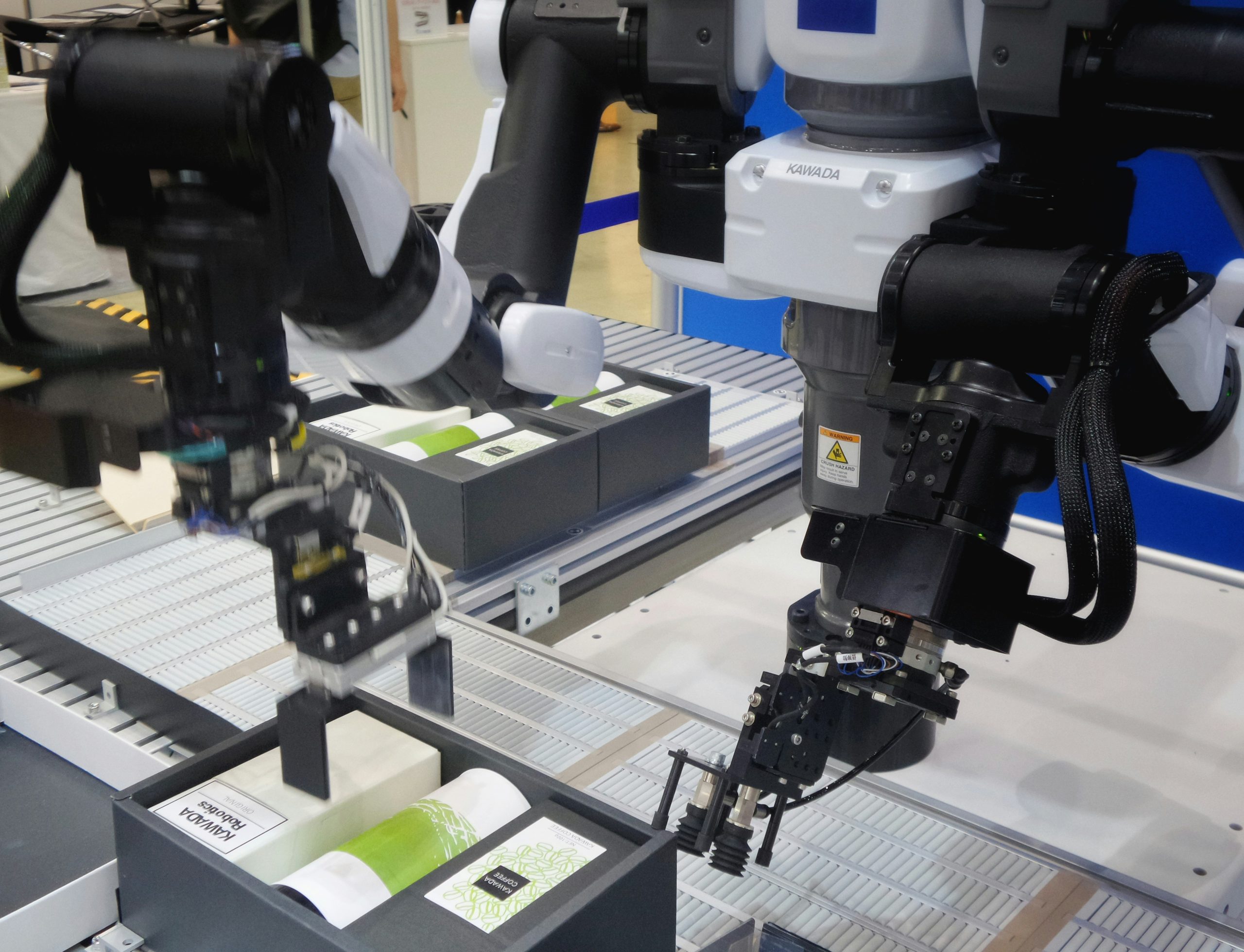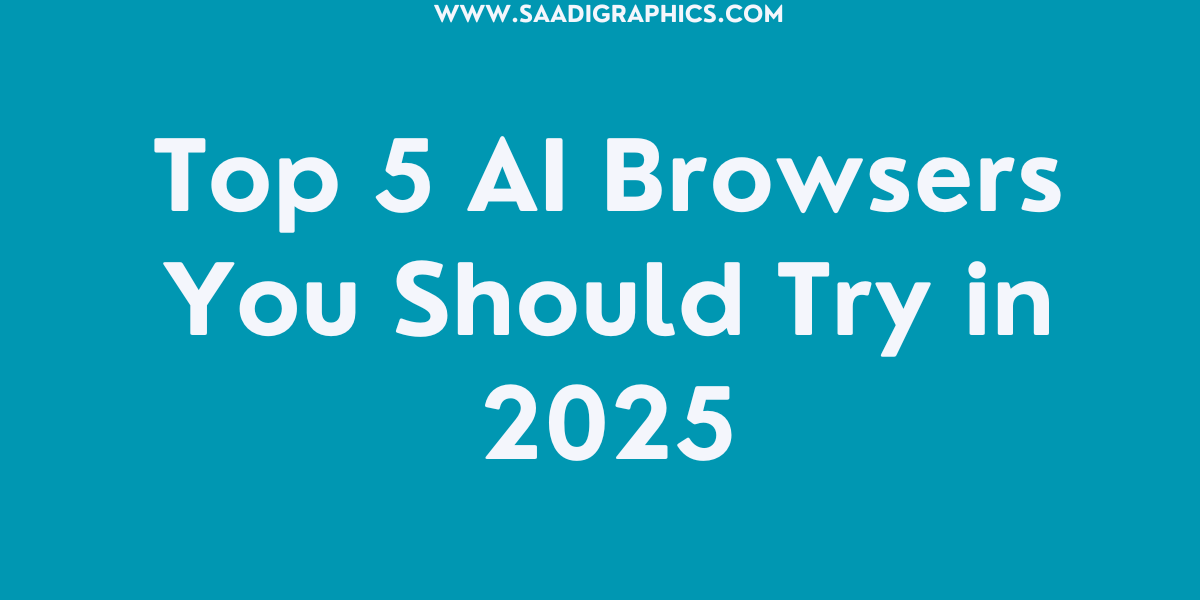For years, Google has ruled the way we search the internet. It’s been the default portal to access information, products, and answers. But as AI keeps advancing, a new age of discovery is unfolding — one powered by AI Search Engines. These future-proof tools don’t only match keywords; they sense intent, context, and even emotions. In 2025, perhaps we are finally seeing the first actual revolution in how humans engage with the world’s information.

The Age of AI Search Engines
Classic search engines like Google are dependent on keywords, backlinks, and ranking algorithms to display results. The system has functioned for years but with limitations — it can’t necessarily understand complicated queries or give customized answers.
That is where AI Search Engines step in. Rather than relying solely on keyword correlations, these engines employ vast language models and machine learning to understand the intent of your query. They can discern tone, anticipate intent, and return a conversational response instead of a list of links.
Picture approaching your search engine and saying, “What’s the best marketing strategy for my small business in 2025?” Rather than listing ten arbitrary sites, an AI-powered engine would distill data, trends, and suggestions tailored to your specific requirements. That’s intelligent discovery, the very force behind the growth of AI Search Engines.
From Search Results To Conversations
The greatest variance between Google and newer AI Search Engines is interaction. Google gives you search results; AI tools give you answers. You don’t scroll — you chat. These engines are context-aware and can have a conversation, tailoring their replies on your feedback.
Tools such as Perplexity AI, You.com, and ChatGPT’s built-in search abilities are already demonstrating how this can be done. They provide immediate, condensed answers and enable users to ask follow-up questions on the fly. This is a basic paradigm shift in how we navigate the web — from passive searching to active dialogue.
Why Users Are Moving Away From Traditional Search
In 2025, the internet is full of information — much of which is redundant or SEO-packed. Users crave quicker, more relevant results. They don’t want to have to open ten tabs to get one clean answer anymore. AI Search Engines address that issue by slicing through the noise.
They summarize, analyze, and customize information, providing you with what you require in seconds. For students, business professionals, and researchers, this is time-saving and improves accuracy. Additionally, these engines learn from user behavior constantly, which means the more you utilize them, the smarter they become at realizing your style and preference.
Accessibility is another significant benefit. AI Search Engines can understand natural language, images, and even voice inputs without any breaks. Type, speak, or upload a document – they can interpret your query and provide an accurate, conversational response.
How AI Search Engines Impact SEO
The rise of AI Search Engines doesn’t mean SEO is dead — but it’s definitely evolving. Instead of optimizing for specific keywords, creators now need to optimize for intent and clarity. AI-driven tools focus on understanding the meaning and quality of content rather than keyword density alone.
This change compels companies to create content that’s actually useful and human-focused. The intention isn’t to rank higher on a search page anymore, but to be the source that AI engines prefer to cite in their summarized responses. As AI Search Engines expand, SEO methods will become more story-driven, value-oriented, and relevant to the audience than ever.
The New Players in AI Search
Several cutting-edge AI Search Engines are already changing the landscape. Perplexity AI combines conversational search with citation tracking, giving users verified answers with sources. You.com integrates creative and productivity tools right into its search interface, allowing users to summarize documents, write code, or generate images directly from search results.
While others work on making Google more conversational, ChatGPT with Browse brings a new type of search experience — one that blends natural dialogue with up-to-date web data. These platforms don’t only compete with Google; they redefine what it even means to “search” at all. Rather than surfing through links, surfers surf through ideas.

The Challenges Ahead
While AI Search Engines are innovative, they’re not challenge-free. Accuracy and bias are big issues. As AI models learn from enormous datasets, they can sometimes yield inaccurate or incomplete information. Source verification and transparency are key to staying trusted.
Also, the advertising paradigm that’s underpinned traditional search engines over the past few decades will have to change. With conversational responses supplanting click-through ads, monetization in the AI-based search future is still a question mark. Organizations building AI Search Engines have to walk a tightrope between intelligence and integrity — providing users smart, unbiased, and reliable results.
What This Means For the Future of Search
The future of search isn’t about overnight replacement of Google but reimagining the way we interact with information. In this new environment, AI Search Engines are not directories but digital assistants. They comprehend nuance, track context, and present information that appears personalized and intuitive.
This change also makes it easier for smaller producers and specialist sites to be found more naturally. Rather than backlinks or huge budgets, quality and relevance of content will dictate visibility. The web is less about who is the loudest one and more about who creates actual value.
Are We Really Saying Goodbye to Google?
Not quite — not yet, at least. Google itself is transforming in short order, incorporating AI models like Gemini into its search process. The business is aware that the transition to AI Search Engines is inevitable and is already modifying its platform to remain competitive.
But the monopoly Google had is losing strength. Users are now presented with options that are more personalized, smart, and efficient. Power is finally shifting in search — and competition is driving innovation.
Final Thoughts
The emergence of AI Search Engines is more than a technological advance — it’s an evolution in how people discover and learn about information. These systems turn finding conversational, pertinent, and intimate. As they get better at learning, they’ll render old-fashioned search stiff and dated in comparison.
In 2025, “Goodbye Google” doesn’t imply that we’re leaving behind search. It means we’re opening the door to a smarter, more human approach to discovering things on the internet. The next time you start your browser, don’t search – begin a conversation.




